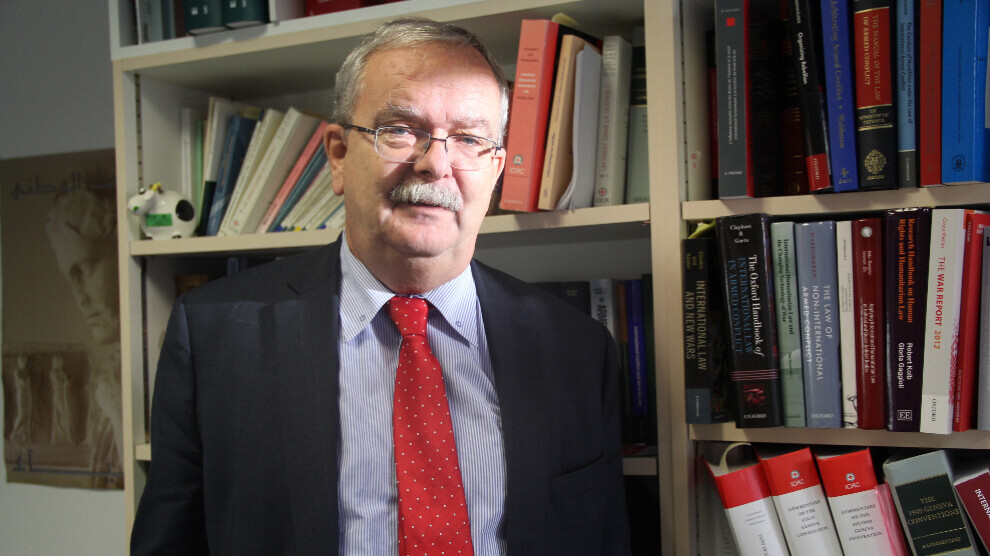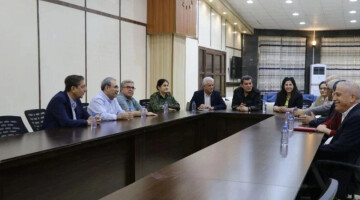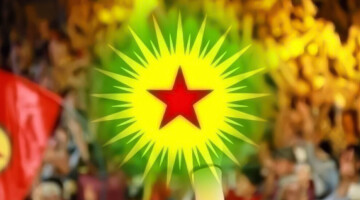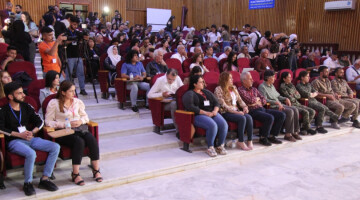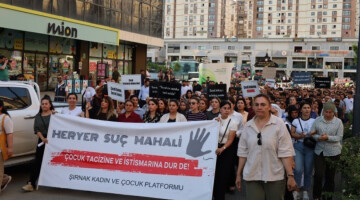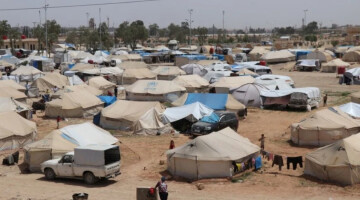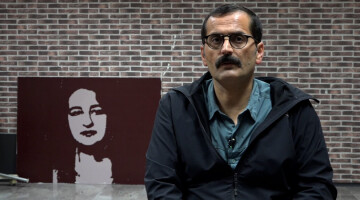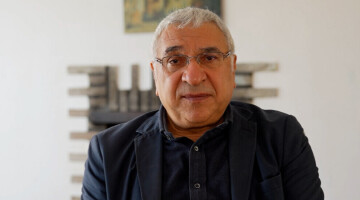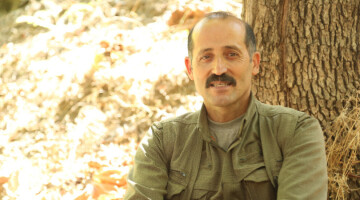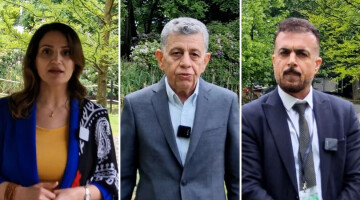Kurdish People's Leader Abdullah Öcalan, who has been held in Imralı Island Prison for more than 25 years, has been held in severe isolation conditions for more than 3 years. There has been no news from Öcalan, whose right to visit his family and lawyers has been constantly violated.
In the face of the absolute lack of communication experienced in Imralı, authorized institutions, especially the European Committee for the Prevention of Torture (CPT), remain silent.
ANF talked about the legal dimension of the isolation in Imrali and the status of PKK prisoners with Marco Sassoli, Professor of International Law at the University of Geneva since 2004. He has been also a Commissioner of the International Commission of Jurists (ICJ) since 2013 and Special Advisor (pro bono) on international humanitarian law (IHL) to the Prosecutor of the International Criminal Court.
The first part of this interview can be read here
You said that the war between Turkey and the Kurds or PKK is not considered an armed conflict. On what basis does Turkey claim that this war is just a fight against "terrorism"? So, how is the status of PKK members captured in this war defined?
The problem is that Turkey is not a party to Additional Protocol 1 to the Geneva Conventions. Additional Protocol Article 1, paragraph 4, provides that wars of national liberation in which a people struggles for self-determination constitute an international conflict.
However, Turkey is not bound by this rule since it is not a party to it. That's why I stated that the war between the Turkish state and the PKK or the Kurds is a non-international conflict. In this case, only the more limited rules of international humanitarian law apply. There is no prisoner of war status in a non-international armed conflict.
Even if the situation is accepted as such, everyone who cannot or has not taken part in conflicts should now benefit from their rights such as being treated humanely, not being tortured, and being visited by their families. Since Turkey does not see what happened as an armed conflict, PKK prisoners cannot have a status like prisoners of war in the eyes of international law, as in international conflicts.
However, they should be treated like all other prisoners on the basis of human rights law.
I would also like to ask about the isolation conditions of Kurdish Leader Abdullah Öcalan. There has been no news from Abdullah Öcalan, who has been held in harsh conditions in Imralı for 25 years, for more than 3 years. His right to see his family and lawyers has been completely taken away. As an international law expert, how do you evaluate this isolation?
This situation is a violation of human rights, as stated by the European Court of Human Rights, because even convicted prisoners have the right to humane treatment. Being kept in isolation is against the European Convention on Human Rights. Similarly, prisoners have the right to family visits and legal representation. The ECHR has already detected violations at some points in Öcalan's case.
However, the Council of Europe does not have an army to send to Turkey. Therefore, if Turkey does not comply with these decisions, it is the responsibility of the Committee of Ministers to decide, in accordance with the European Convention system.
You know that many states need Turkey, because Turkey is threatening to send 2 million Syrian refugees to Europe. As you may remember, they have stated this many times. Therefore, even states that want to protect human rights are trapped because Turkey tells them, ‘If you criticize us too much, we will open the doors and allow refugees to go to Europe.’
Turkey does not threaten Europe with an illegal situation. Allowing refugees to go to Europe is not a human rights violation. So, to put it plainly, Turkey is not threatening to send nuclear weapons to Europe.
It threatens to do something that is not a violation of human rights. It threatens to do something that is not forbidden, to let people who want to go away leave. In the face of these threats, Europe prefers to remain silent about what is happening in Turkey. Europeans are extremely worried about accepting all these Syrians to Europe.
You said that this isolation is a violation of human rights law. So, can this isolation be considered torture according to the European Convention on Human Rights?
Yes. This isolation can be seen as torture. For example, as you may remember, the European Court, in a case heard in Switzerland, made a decision to keep a member of the Red Army Faction in Germany who was arrested in Switzerland for murdering in complete isolation.
The European Court of Human Rights ruled that this was a form of torture, inhuman and degrading treatment. However, there is a very technical difference between torture and inhuman and degrading treatment. Torture requires a specific purpose, and I don't know if it is possible to say that they were trying to get information from Abdullah Öcalan or were just trying to humiliate him or anyone else. In any case, even if we consider this to be inhuman and degrading treatment, all these practices are prohibited by the European Convention on Human Rights.
Despite Turkey's violation of these agreements, Europe and its institutions prefer to remain silent. You said that there are many reasons for this situation. Aren't Europe's own laws violated?
Yes, there are many reasons for this. Refugees, economy, Turkey's strategic location and many similar situations are factors in this. There is still hope that the government will change and there will be other leaders in Turkey willing to negotiate with the Kurds. Secondly, this silence is somewhat understandable considering that their allies, the Turks, are NATO members. If you want to impress an ally, perhaps you will not make a public statement about what is happening in that country. But you have to intervene, talk about these problems, and I very much doubt that European states will also talk about prisoners when negotiating with Turkey.
So, how should we handle the responsibility of the European Committee for the Prevention of Torture (CPT) in this isolation?
The CPT has the right to visit Imralı whenever it wants. It was able to visit Imrali before and then a report was prepared for Turkey. If the state accepts, the report can be made public. Traditionally, all states must consent to the release of the report. However, now it seems that Turkey did not accept the publication of the final report on Imrali.

